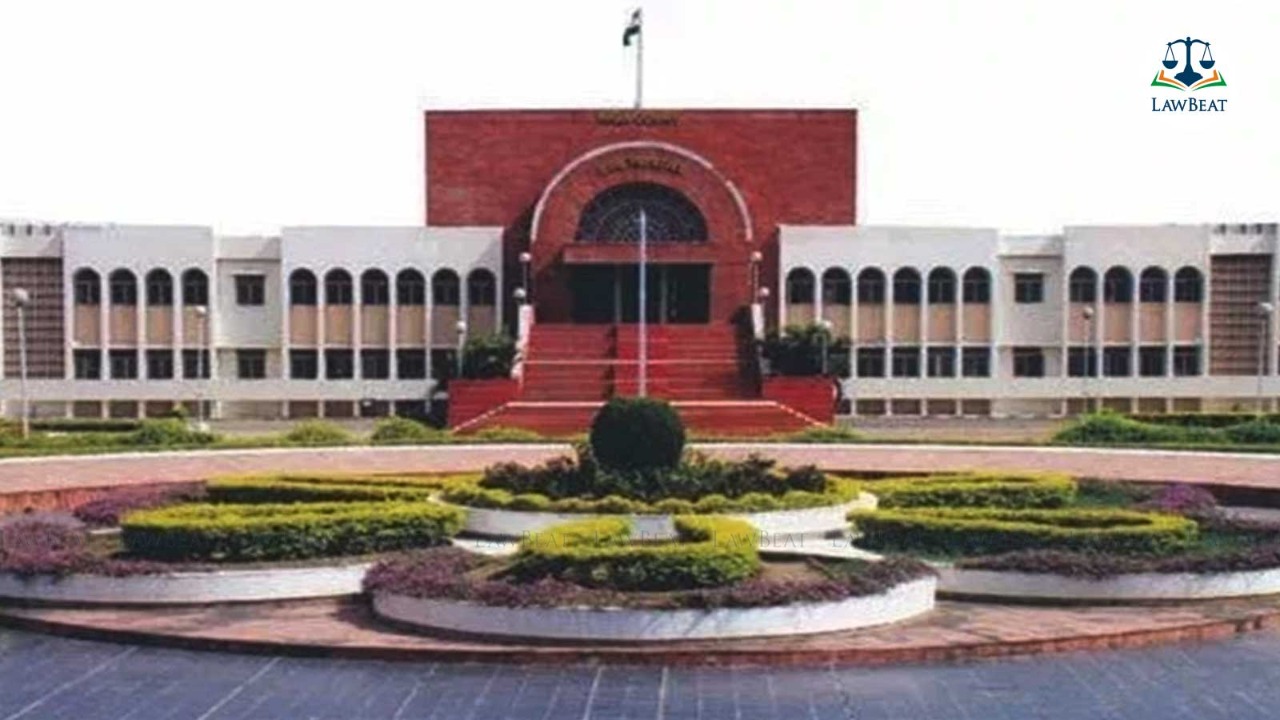Bombay High Court Upholds Alimony Granted To Wife Under Domestic Violence Act After 'Customary Divorce'

The high court said that the person aggrieved may take recourse under various Laws if the right exists.
A Single Judge Bench of the Bombay High Court S.G Mehare recently dismissed a revision plea filed by the husband while noting that the husband could not claim that after the customary divorce, the domestic relationship ceased, and the wife was not entitled to the reliefs under Domestic Violence Act.
In the said case, the husband and wife were divorced through the customary law and an alimony of Rs. 175000 was granted to the wife. The husband had filed a divorce petition on the ground of cruelty and the wife had filed an application under the Domestic Violence Act.
The magistrate court had denied relief to the wife, however, on appeal, the Additional Sessions Judge granted relief to the wife and directed the husband Rs. 1500 as rent and Rs. 3500 monthly maintenance to the wife. The husband then approached the High Court against the order of the Sessions judge.
The court rejected the argument of the husband that domestic relation was not subsisting at the time of filing of the application and relied on the Apex Court’s Judgement of Prabha Tyagi wherein it was held that there should be a subsisting domestic relationship between the aggrieved person and the person against whom the relief had been claimed vis-a-vis allegations of domestic violence. The order read,
“In other words, even if an aggrieved person is not in a domestic relationship with the respondent in a shared household at the time of filing of an application under Section 12 of the D.V. Act but has at any point of time leave or had the right to leave and has been subjected to domestic violence or is later subjected to domestic violence on account of a domestic relationship is entitled to file an application under Section 12 of the D.V. Act.”
The court further said that it was clear that even if a person is not in a domestic relationship with the respondent in a shared household can file an application. The order states,
“The Hon'ble Supreme Court, in clear words, answered that even if a person is not in a domestic relationship with the respondent in a shared household at the time of filing of the application under Section 12, but has at any point in time, he would so or had the right to live has been subjected to domestic violence is entitled to file an application under Section 12 of the D.V. Act.”
With respect to the customary divorce, the court said that only in certain circumstances customary divorce may be considered and the divorce which has been granted under Hindu Marriage Act is only legal and valid. Further, for claiming any customary right, the parties claiming such right are bound to prove that the customs of their caste or race still exist and the community at large is regularly observing such customs.
The order read,
“Since the applicant approached the Civil Court for divorce, it can safely be held that the customary divorce was not in existence in their caste. Therefore, the respondent cannot claim that after the customary divorce, the domestic relationship ceased, and the applicant is not entitled to the reliefs under D.V. Act.”
Further, the court before dismissing the revision application filed by the husband said that:
“The Law is well settled that the person aggrieved may take recourse under various Laws if the right exists. Since maintenance is allowed under Section 125 of the Cr.P.C., the Law does not bar the person entitled to claim the relief under D.V. Act. Section 36 of the D.V. Act provides that the D.V. Act is not in derogation of any other law. It is an additional provision of Law not affecting the other provisions of Law available for similar relief.”
Case Title: Gajanan Rathod vs Surekha Gajanan Rathod
